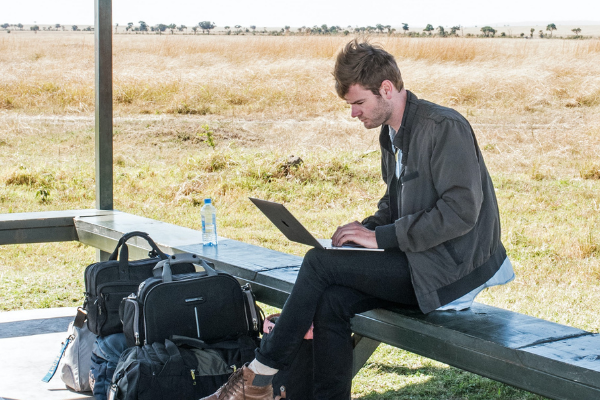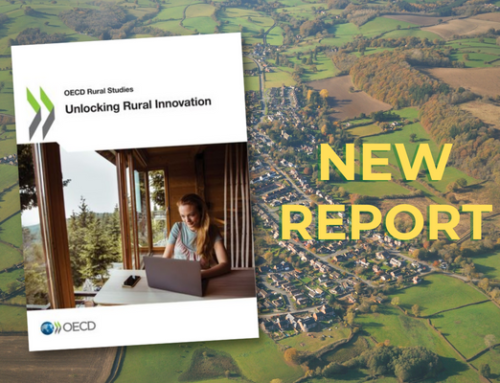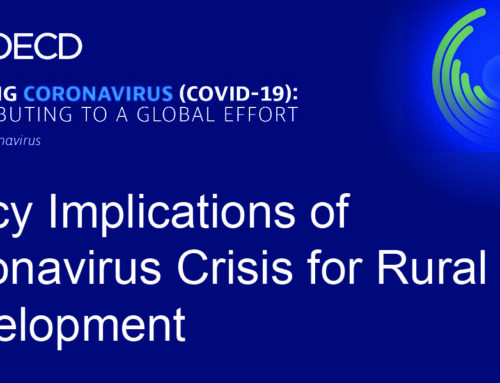In a recently published blog article by the OECD Forum Network, the authors looked at how a new perspective might help rural areas secure a post-pandemic recovery.
The pandemic has surely shocked the world and has had a tremendous impact, especially in rural areas. But rural communities come in many forms. The article proposes to open our minds to new approaches and ensure an ambitious agenda for rural communities. This will be decisive to secure the recovery post COVID-19 and to ensure a future that is more inclusive, sustainable, productive and prosperous.
Nevertheless, this will require investment in new technologies, infrastructure and new business models that will boost productivity, create jobs and attract/retain world-class talent.
Regarding digital solutions, the article highlights opportunities from the transformation of existing rural industries, such as agriculture and manufacturing, where there is an increasing potential to adopt machine learning, robotics, sensors and drones into regular production practice. In addition, it emphasizes possibilities to modernise services like e-education and e-health.
The digital transformation will allow workers in the services sector to operate remotely through teleworking, and workers in the manufacturing sector to transition to ‘desktop manufacturing’ through 3D printing, for example.
Further analysis can be found in the latest edition of OECD Regions and Cities at a Glance 2020, providing a comprehensive assessment of how regions and cities
across the OECD are progressing in their efforts to build stronger, more sustainable and resilient economies and societies. Chapter 2 specifically mentions new estimates of remote working potential and the availability of digital infrastructure.
Within DESIRA, we have looked at the state of digitalisation in rural areas across Europe. Some preliminary results of this assessment were presented at the first EU Rural Digitalisation Forum that took place on 10 September 2020.
- Watch the video of the presentation.




